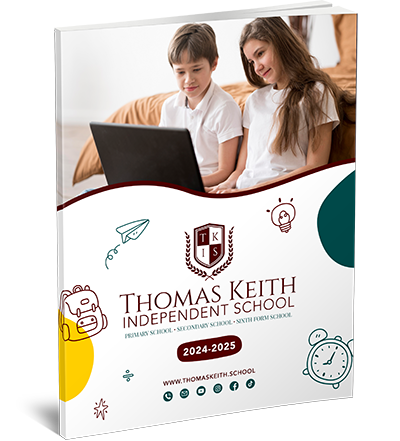Notes About Key Stages 3 and 4
Evaluating Levels of Achievement
When determining a student’s achievement level at the end of Key Stage 3, educators should decide which description most aptly describes the student’s performance. This should be done considering each description in relation to those of adjacent levels.
The precise guidelines for formal evaluations at the conclusion of Key Stage 3 are detailed in QCA’s yearly booklets on assessment and reporting procedures.
These level descriptors aren’t meant for assessing singular tasks. They provide a compilation of achievement elements, rooted in the curriculum’s content, which assist teachers in forming a comprehensive view of a student’s overall performance over various scenarios.
Although the primary purpose of level descriptions is for assessing proficiency, they may also aid in:
- Curriculum design
- Communication to parents
- Goal setting
Physical Education
Throughout Key Stages 1 to 3, participation in competitive games is obligatory. During Key Stage 4, even if students opt for other activities, competitive individual and team games should still be available for those interested.
Design and Technology
For Key Stage 3, schools should incorporate both food and textile components as a part of the diverse materials included in the curriculum.
Mathematics at Key Stage 4
Mathematics offers two syllabuses: basic and advanced. Students can engage with either. The advanced syllabus caters to those who’ve securely achieved level 5 by the end of Key Stage 3.
Science at Key Stage 4
Two curriculum paths are available: single science and combined science. Either can be pursued by students. These requirements are also met by those enrolling in GCSE courses across the individual sciences: biology, chemistry, and physics. The Government highly recommends the combined science or the three separate sciences for most students. Single science caters to a small portion who might want to allocate more time to alternate subjects.
Religious Education
By the Education Act 1996, religious instruction is mandatory for all registered students, though parental withdrawal is possible. Except for some specific schools, the curriculum should align with the locally agreed syllabus. This syllabus should predominantly reflect Christian traditions of Great Britain, whilst incorporating teachings from other major religions in the region. It offers a unique component to the curriculum by enriching students’ understanding of religious beliefs, rituals, and their impact on individuals and societies.
Sex Education
All secondary schools are mandated to offer sex education, inclusive of AIDS, HIV, and other STIs, delivered in a manner that underscores moral principles and family values. The specifics of this instruction are at the school’s discretion. Parents retain the right to opt their children out of parts or all of this education.
Career Guidance
From years 9 to 11, all schools must offer a structured program for career guidance, inclusive of pertinent career information. Career guidance aids students in understanding their potential future paths, providing them with skills like decision-making, critical evaluation, self-awareness, and more, useful in both their personal and professional lives.
Possible Adjustments at Key Stage 4
The 1996 Education Act, section 363, permits schools to introduce exceptional provisions to better cater to a diverse set of students’ needs. From September 2000, schools can fulfil statutory requirements for subjects by introducing courses leading to specific qualifications. Not all these courses will encompass the entire curriculum content.
For various reasons, schools can exclude up to two National Curriculum subjects for individual students. In such cases, schools, along with their governing bodies, should ensure compliance with regulations and notify QCA of their intentions. Further guidance on this can be found in relevant QCA publications.




